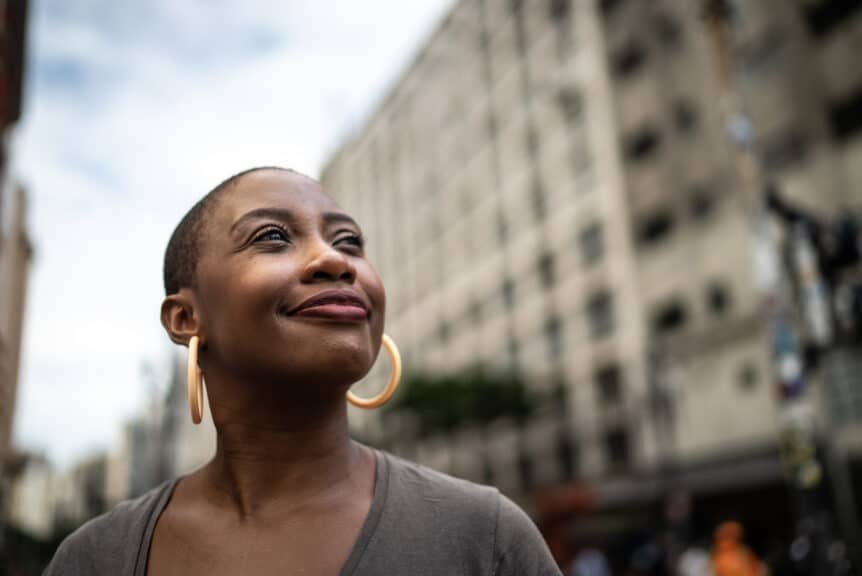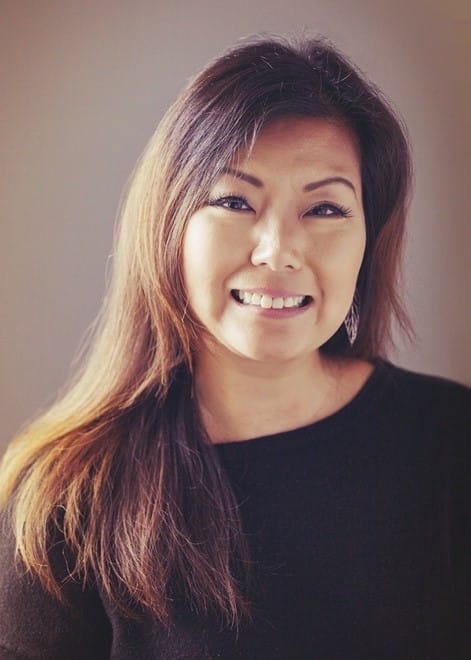I’m forever grateful for the leaders and pastors who created a space that allowed me to wrestle with my beliefs and own my faith. I honestly wouldn’t be where I am without those leaders.
Whether it’s called deconstruction, disentangling, untangling, or unraveling, this idea has become a focal point of discussion in recent times. The idea of deconstruction (the term we’ll use for this article) has become a hot topic that has garnered lots of attention and a wide range of emotions and opinions.
Some believe deconstruction leads to a departure from the faith.
Others believe deconstruction is necessary to “correct or deepen naïve belief so that we can know and love God more deeply” (Kirsten Sanders, Christianity Today).
Richard Rohr, an American Franciscan priest and author who is a deconstructionist, outlines the faith journey for deconstructionists in three stages:
- Construction: Building one’s belief system
- Deconstruction: Challenging previously held belief system
- Reconstruction: Rebuilding a new belief system
Construction, Deconstruction, Reconstruction: Which Is It?
Last year, a friend asked me when I started deconstructing. I was puzzled by her question.
“What makes you think I’ve been deconstructing?” I asked. “Because I feel like you have a healthy relationship with the church, and based on how we grew up, you must have gone through major deconstruction early on to still be at the church.”
She shared that she had to distance herself from church to process her church hurts, untangle the “misinterpretation” of Scripture ingrained during her youth, and work out her belief system regarding her faith. Our conversation lingered in my heart and mind for days.
Deconstruction looks different for every person. Deconstruction doesn’t necessarily mean throwing out everything you believe. Instead, it often involves reexamining specific beliefs held prior to encountering a new idea.
Deconstruction could look like stepping away from a church for some time like it did for my friend. Her faith in the gospel stayed unwavering; however, she needed time to rebuild her relationship with the local church. She surrounded herself with spiritual directors, pastors, and friends to guide her through this journey.
I also know many people who stay engaged in the local church while navigating their deconstruction process. While their faith remains in Jesus’ saving grace, they grapple with what they have learned about living a Christian life.
“As you deconstruct, be intentional to reconstruct!”
They also often wrestle with how the church or people have used Christianity to harm people. Regardless of their deconstruction process, it involves reevaluating, questioning, and researching to dismantle the once-held belief system to rebuild a new one.

Welcoming Curiosity and Questions
I have stayed curious since I was child. I’ve always asked “why” questions as long as I can remember. I recall asking my youth ministry leaders and pastors a lot of questions. It was out of genuine curiosity to better understand God and my faith.
Even after I went away for college, I would call them and leave them countless messages on their answering machines and set a date and time (before cell phone days) to get all my questions answered.
The church I attended my first year in college told me that all my questions indicated a lack of faith. They felt that I didn’t trust the leaders at the church because I kept asking so many questions.
When I shared this with my youth pastor, he encouraged me to find a church that fostered my curiosity to help me better process and understand the Bible.
I didn’t know it then, but I was “deconstructing” in my early years. I asked many questions to make sense of what I read and learned. And I wrestled with passages in the Bible that seemed contradictory to my understanding of God’s character. Over time, I found myself changing my understanding of certain Scriptures as delved deeper into my studies. This has never stopped.
Deconstruction is an ongoing process. I continue to question, read books of differing views, study the Bible, and talk to trusted leaders to continually build my belief system.

Caring for Your Soul as a Ministry Leader

Caring for Your Soul as a Ministry Leader

Caring for Your Soul as a Ministry Leader
Deconstruction Does Not Equal Loss of Faith
This process can feel scary. People often think deconstructing equates to a loss of faith. While this can happen, deconstruction can also lead to freedom in pursuing Christ and growth. I have personally gained more confidence and security in knowing who I am as a child of God.
While I struggle with certain aspects of the local church and interactions with some Christians, these struggles do not deter me from knowing God as my Creator and Jesus as my Savior. While deconstruction is often messy, my faith grows and becomes clearer each time I wrestle with a specific belief.
I remember a conversation with my pastor about the role of women in the church. I told him that I needed to “deconstruct” everything I had believed on this subject. He encouraged me to approach this process with patience, reflection, guidance from trusted leaders, prayer, and study.
He also ended our conversation with, “As you deconstruct, be intentional to reconstruct!”
Seven years later, I still find myself on the journey of seeking clarity and understanding. Some aspects have become clear, but I continue to wrestle with other aspects. In this process, I’m thankful for the great people who have invested in me and my faith journey.
Above all, respond with genuine love.
Don’t Walk Through Deconstruction Alone
For those deconstructing, the number one piece of advice I have is this: DON’T DO IT ALONE!
Surround yourself with people you trust—pastors, faith leaders, faith community, therapists, and supportive family and friends. People who truly care about your faith journey will allow you the space you need to question, rethink, and process.
Approach differing viewpoints with an open heart. Theologians and apologists have debated many ideals in Christianity for centuries. It’s okay to not have all the answers.
And, lastly, exercise discernment. Don’t align yourself with those who are angry and bitter. It’s really easy to go down the unhealthy rabbit trail of “everything that is or has ever been wrong with Christianity or the church.” Maintain a balanced emotional perspective.
Similarly, if you’re journeying with someone who is deconstructing, remember that you can’t control another person’s faith, including your own child’s. Listen to them and create a safe space. Share your own experiences of wrestling. Resist the urge to provide all the answers.
Deconstruction is a personal journey. Let them know you are available to explore alongside them. Be patient. Allow them the time and the space they need.
Above all, respond with genuine love.
Forever Thankful
One last thing! I’m forever grateful for the leaders and pastors who created a space where my questions could be asked and allow my processing to unfold. They allowed me to wrestle with my beliefs and own my faith. I honestly wouldn’t be where I am without those leaders.
As a ministry leader myself today, I’ve come to realize how much time and patience they’ve invested in my journey. The process often doesn’t look pretty and organized.
However, creating this safe space is vital as we minister to kids and teens! We need to trust in the Holy Spirit to work in their hearts and minds. We need to allow our kids and teens to be curious, ask questions, and even doubt.
I believe that by providing this nurturing environment during their formative years, we can equip kids and teens with the tools to construct a faith that is grounded and adaptable. And perhaps this can help reduce the need for deconstruction later in life.









